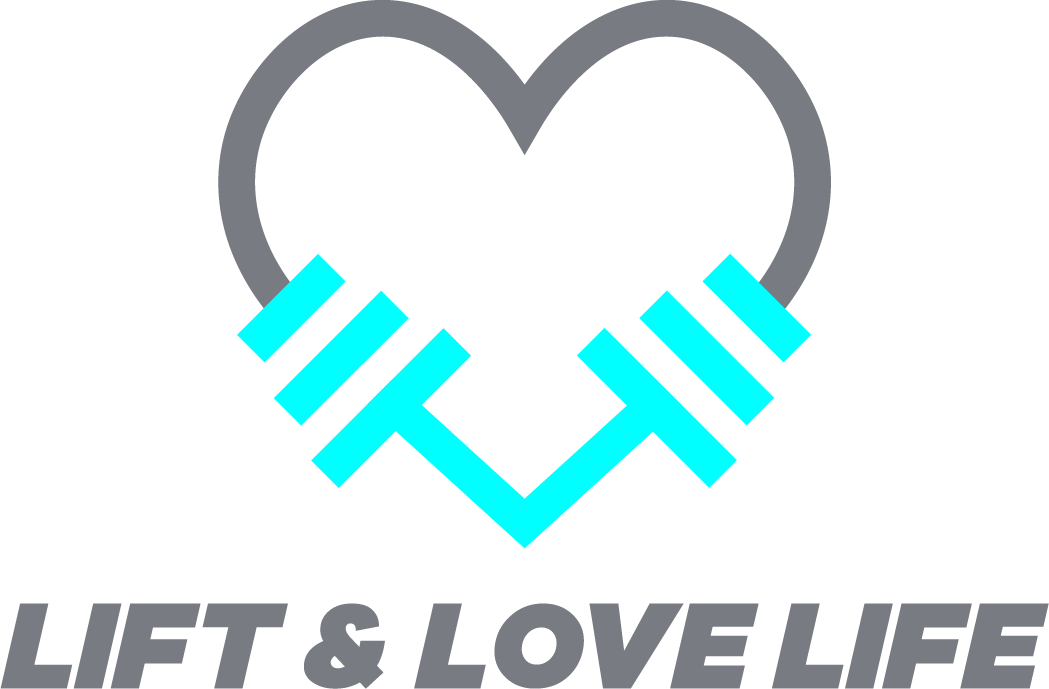The one thing we can control in this life is how we choose to respond to what happens to us. Epictetus said, “We cannot choose our external circumstances, but we can always choose how we respond to them.”
Jesus said, “It is impossible that no offense will come.”
Buddha said, “You will not be punished for your anger, you will be punished by your anger.”
Lao Tzu said, “Do you have the patience to wait until your mud settles and the water is clear?”
Do you find you’re quick to react? Even to the smallest things. Maybe your go-to is anger. Maybe it’s worry and anxiety. Reacting is seemingly instantaneous, driven by emotion. Whereas responding requires thought. To take a step back from the situation, remaining mindful, evaluating, and then choosing how to respond.
This might seem minor, but it’s the constant reactions to the insignificant that start to chip away at our mindset, and we start to bring that negativity to the other parts of our life. Even more important, reacting to the small stuff is a clear indication that, when shit truly hits the fan and life gets real, you are ill-equipped to deal.
Mindfulness meditation has been a game changer for me. It’s not about not having feelings. It’s having the ability to be aware of what’s happening externally, as well as your internal thoughts and feelings, observing them, taking them in, and then letting them go.
Our breathing is deeply connected to this as well. The means by which controlled breathing triggers the parasympathetic nervous system is linked to stimulation of the vagus nerve—a nerve running from the base of the brain to the abdomen, responsible for mediating nervous system responses and lowering heart rate, among other things. The vagus nerve releases a neurotransmitter called acetylcholine that catalyzes increased focus and calmness. A direct benefit of more acetylcholine is a decrease in feelings of anxiety.
Just like strength training for the body, you can train your brain to remain calm, thus controlling how you respond.Think of peace of mind like the blue sky. Just because it’s cloudy doesn’t mean it’s not there. Peace of mind is always there, in spite of our circumstances, just a few deep breaths away.✨
“Happiness is an inside job. Don’t assign anyone else that much power over your life.” - Mandy Hale
Have your been responding or reacting to life lately? Are you quick to anger? Find yourself bombarded by anxious thoughts? Have you tried meditation?
XOXO -
Jules





